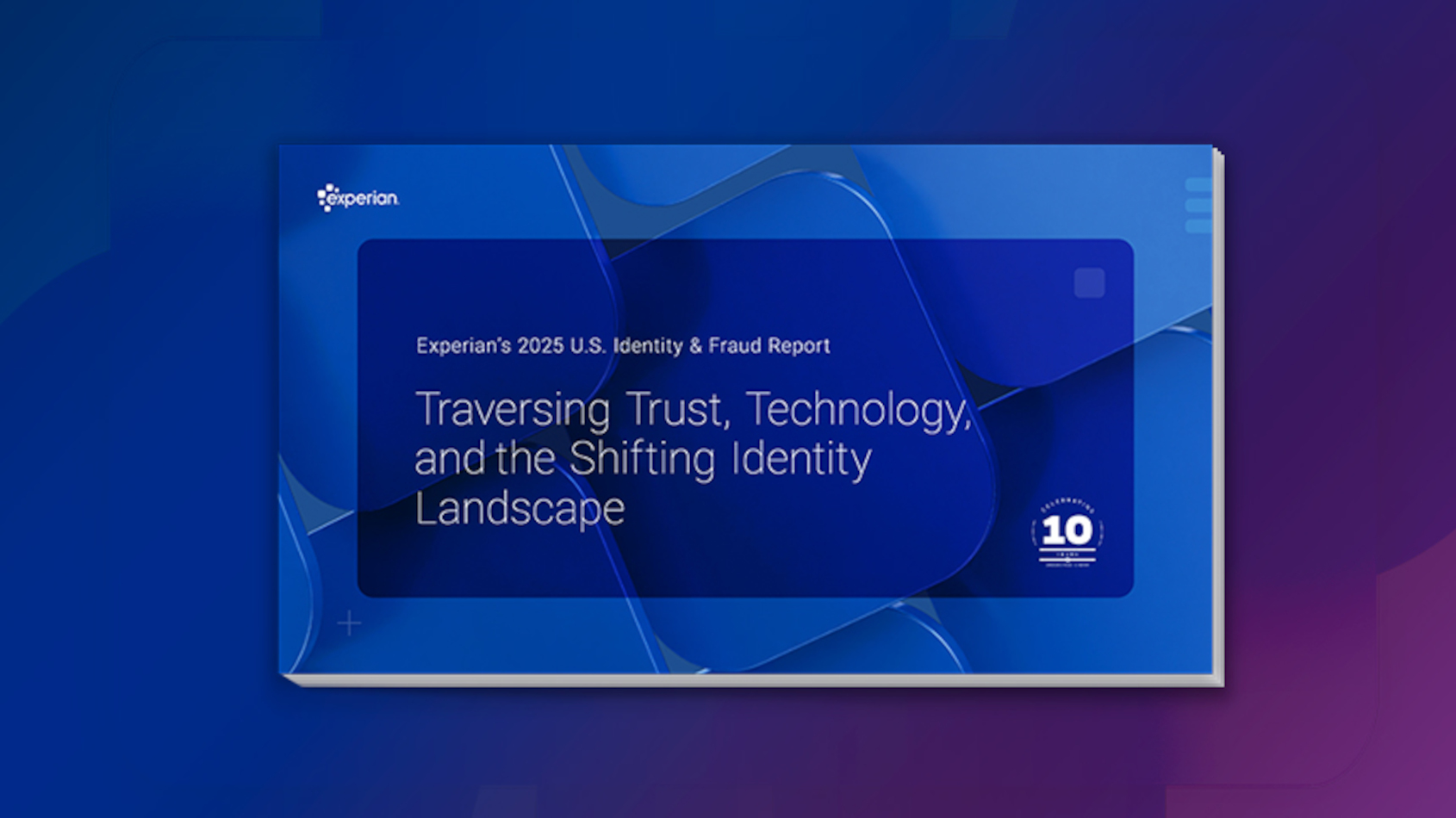Experian: Despite AI gains, fraud losses have increased for nearly 60% of companies

Image courtesy of Experian.
By subscribing, you agree to receive communications from Auto Remarketing and our partners in accordance with our Privacy Policy. We may share your information with select partners and sponsors who may contact you about their products and services. You may unsubscribe at any time.
Artificial intelligence appears to be one of the sharpest instruments in a company toolbox to defend themselves and repair damage created by fraud. But apprehension from both companies and consumers about the deployment of AI remains.
Experian recently released its 2025 U.S. Identity and Fraud Report revealing more than a third of companies say they are using artificial intelligence, including generative AI, to fight fraud.
As fraud threats grow increasingly complex, Experian said companies are accelerating their investments with more than half adopting new analytics and building AI models to enhance customer decision-making.
The report also highlighted growing concern over AI-generated fraud and deepfakes, with 72% of business leaders expecting these to be major challenges by 2026.
While some businesses are more open to embracing AI for fraud prevention, consumer trust remains low.
According to Experian, less than one in four reported interacting with AI-driven tools like chatbots, and just 18% completely trust these tools.
Subscribe to Auto Remarketing to stay informed and stay ahead.
By subscribing, you agree to receive communications from Auto Remarketing and our partners in accordance with our Privacy Policy. We may share your information with select partners and sponsors who may contact you about their products and services. You may unsubscribe at any time.
The 2025 Experian Identity and Fraud Report, now in its 10th year, is based on two major surveys conducted in the U.S. in March and April.
The first asked more than 2,000 U.S. consumers about their online interactions and expectations regarding security and customer experience.
The second survey asked more than 200 businesses in the U.S. about their strategies for effective fraud management, customer identification and authentication, including investments related to security and customer experience.
Companies ranged in size from $10-$49 million to above $1 billion in revenue. Industries that completed the survey include retail banks, fintechs, consumer technology and electronics, payment system providers, and many other companies from a range of verticals.
Rising fraud concerns for businesses and consumers
This year’s data showed that businesses are feeling the pressure with 90% reporting concern about fraud and 70% saying they are increasing their fraud prevention budgets.
In fact, Experian found that nearly 60% of companies reported an increase in their fraud losses year-over-year with identity theft, transactional payment fraud, account takeover, peer-to-peer payment scams and first-party fraud identified as the top fraud events experienced last year.
At the same time, Experian indicated, 57% of consumers are still concerned about doing things online. Their top fears include identity theft, stolen credit card information, online privacy, fake/phishing emails, messages or phone scams, and false information.
According to the Federal Trade Commission, consumers reported losing a record $12.5 billion in fraud losses in 2024, which was a 25% increase from the previous year.
The need for modern fraud detection
As a result of these concerns, Experian indicated customers are raising their expectations for businesses when it comes to keeping them safe online.
Experts said more than 80% expect companies to act on security or privacy concerns, and half want stronger online safeguards.
While 85% of businesses believe their fraud controls align with consumer expectations, less than half of people are highly trusting of companies to address their concerns online, according to Experian.
At the same time, analysts noted that businesses are still relying on verification methods like passwords and PINs, while more secure methods that people say make them feel safest, like biometrics and behavioral analytics, remain underused.
Kathleen Peters, chief innovation officer of Experian North America, explained this disconnect highlights the need for organizations to not only invest in innovative fraud prevention methods that meet consumers’ expectations but also communicate clearly and consistently so their customers can feel more secure and confident.
Last year, Experian’s identity verification and fraud prevention solutions helped clients avoid an estimated $19 billion in fraud losses globally.
“With the widespread use of generative AI, fraud is evolving faster than many businesses can keep up with,” Peters said in a news release. “As a trusted partner to organizations across diverse industries, we take a proactive approach to fraud prevention, combining data, advanced analytics and innovative technology to address both emerging and future threats.
“We’re committed to ensuring the delivery of seamless user experiences while fostering trust at every interaction,” she went on to say.
Experian produced a free webinar to discuss the report and its tools in more detail. It can be watched here.


